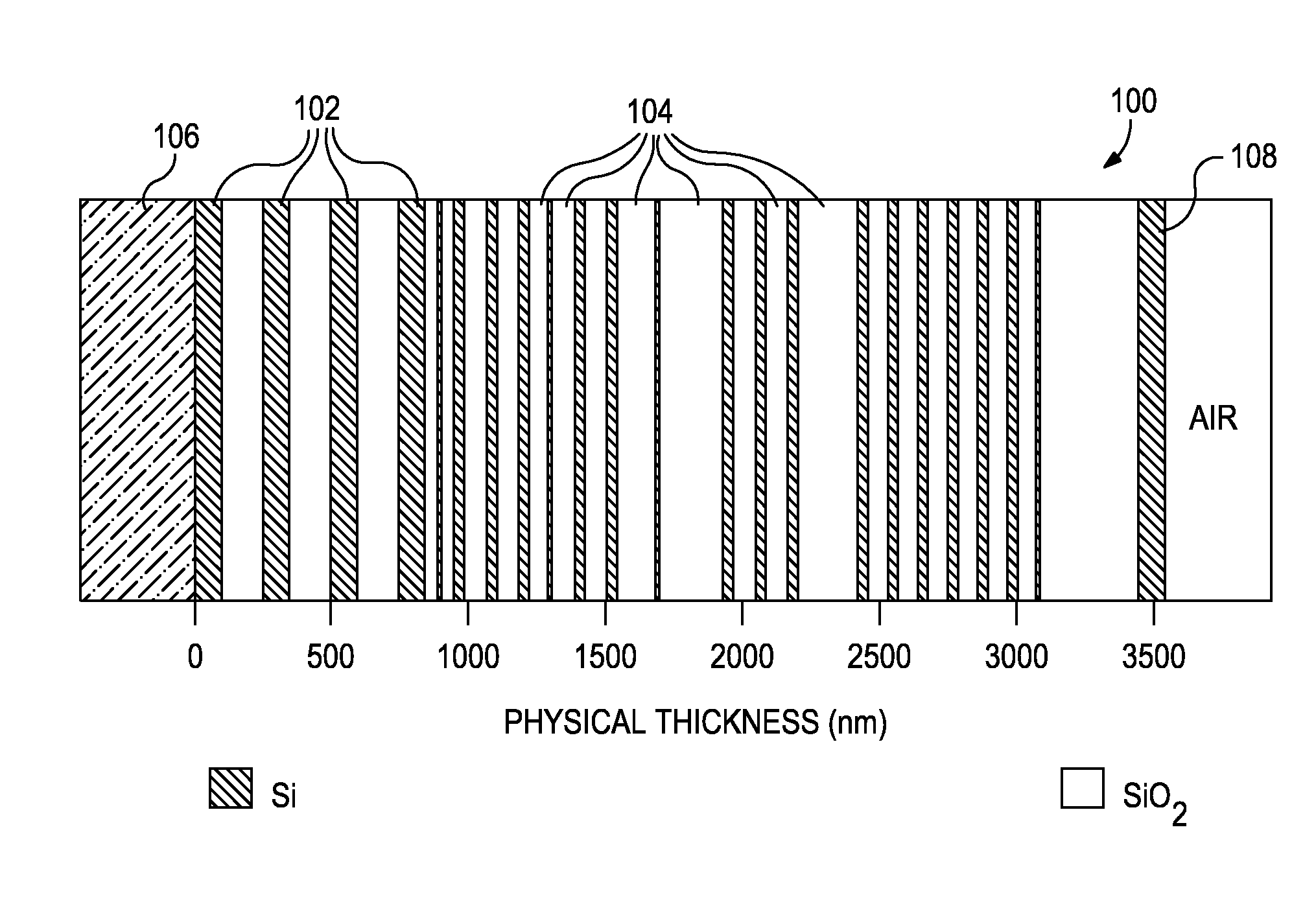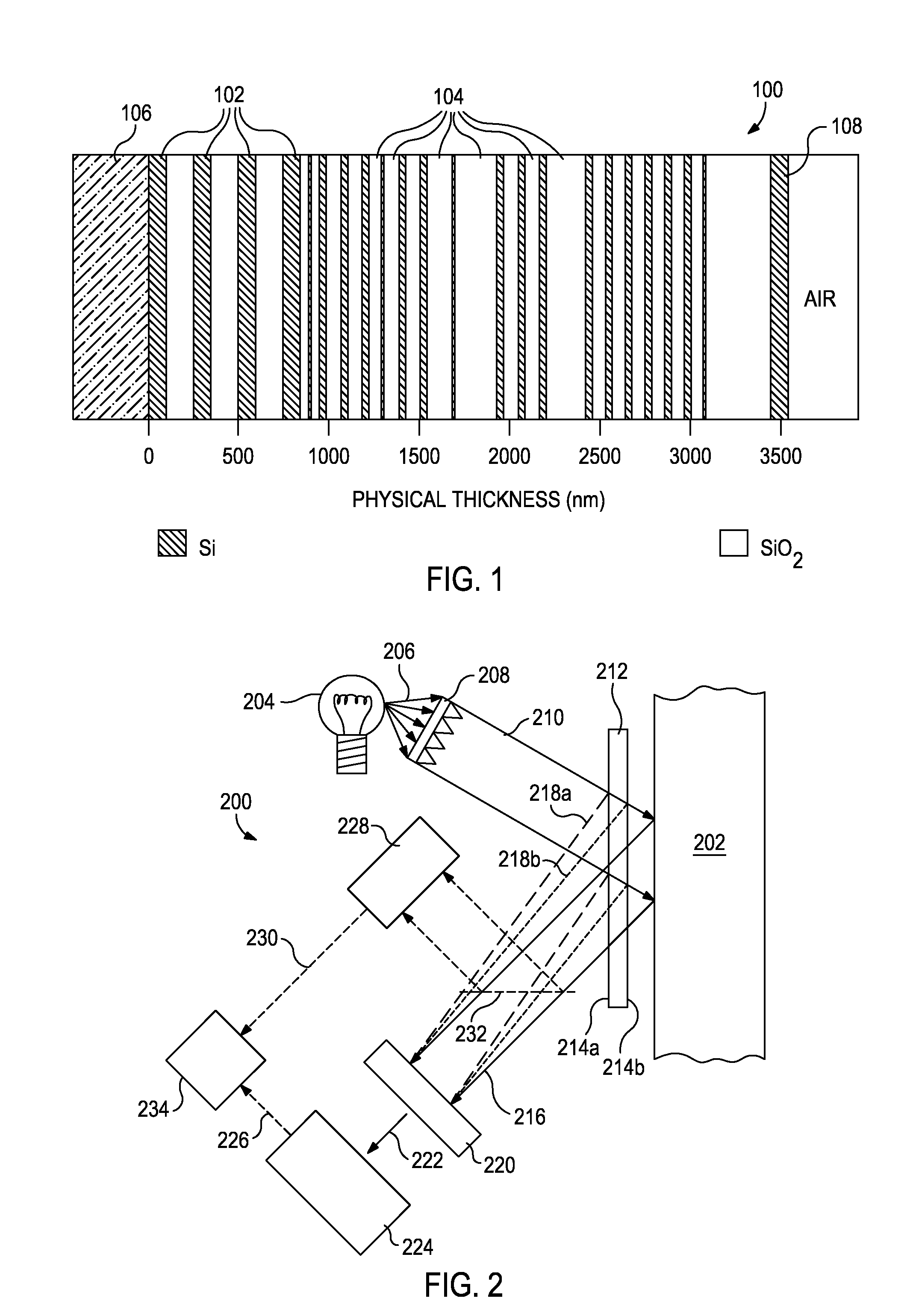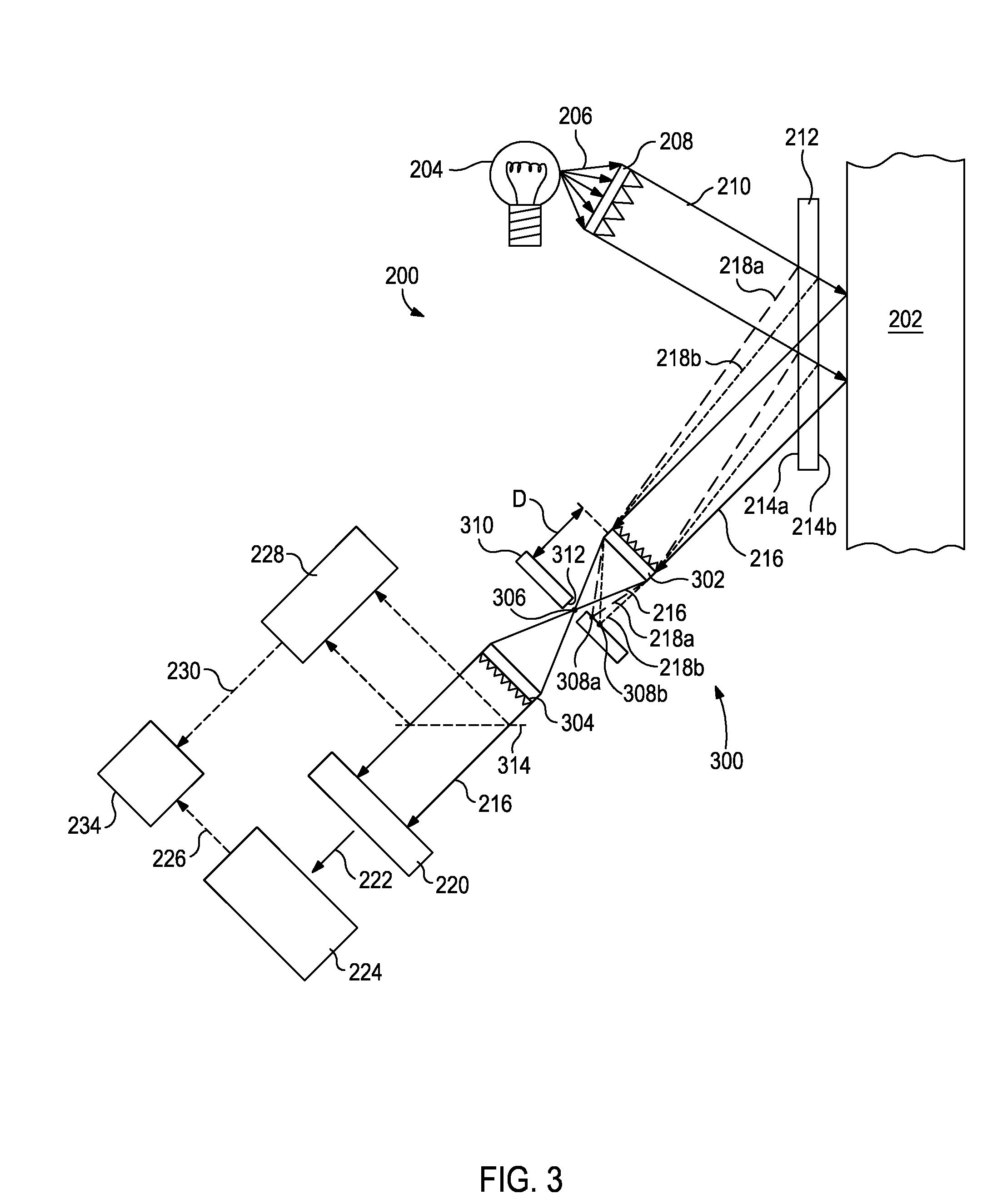Imaging Systems for Optical Computing Devices
a technology of optical computing and optical train, applied in the field of optical computing systems, can solve the problems of difficult field analysis conditions, expensive and complex transition of spectroscopic instruments from laboratories into field or process environments, and delay in obtaining analysis,
- Summary
- Abstract
- Description
- Claims
- Application Information
AI Technical Summary
Benefits of technology
Problems solved by technology
Method used
Image
Examples
Embodiment Construction
[0017]The present invention generally relates to systems and methods of optical computing and, more specifically, to imaging systems for an optical train in an optoanalytical device.
[0018]Embodiments described herein include various configurations of imaging systems that can be used in optical computing devices, also commonly referred to as opticoanalytical devices, in order to improve sensitivity and detection limits of the optical computing devices. The exemplary imaging systems may be suitable for use in optical computing devices as employed in the oil and gas industry. For example, optical computing devices provide a relatively low cost, rugged, and accurate system for monitoring petroleum quality for the purpose of optimizing decision making at a well site and efficient management of hydrocarbon production. In some applications, the imaging systems disclosed herein may be useful in improving detection limits when determining a particular characteristic of a substance, compound,...
PUM
| Property | Measurement | Unit |
|---|---|---|
| transmission | aaaaa | aaaaa |
| electromagnetic | aaaaa | aaaaa |
| electromagnetic radiation | aaaaa | aaaaa |
Abstract
Description
Claims
Application Information
 Login to View More
Login to View More - R&D
- Intellectual Property
- Life Sciences
- Materials
- Tech Scout
- Unparalleled Data Quality
- Higher Quality Content
- 60% Fewer Hallucinations
Browse by: Latest US Patents, China's latest patents, Technical Efficacy Thesaurus, Application Domain, Technology Topic, Popular Technical Reports.
© 2025 PatSnap. All rights reserved.Legal|Privacy policy|Modern Slavery Act Transparency Statement|Sitemap|About US| Contact US: help@patsnap.com



